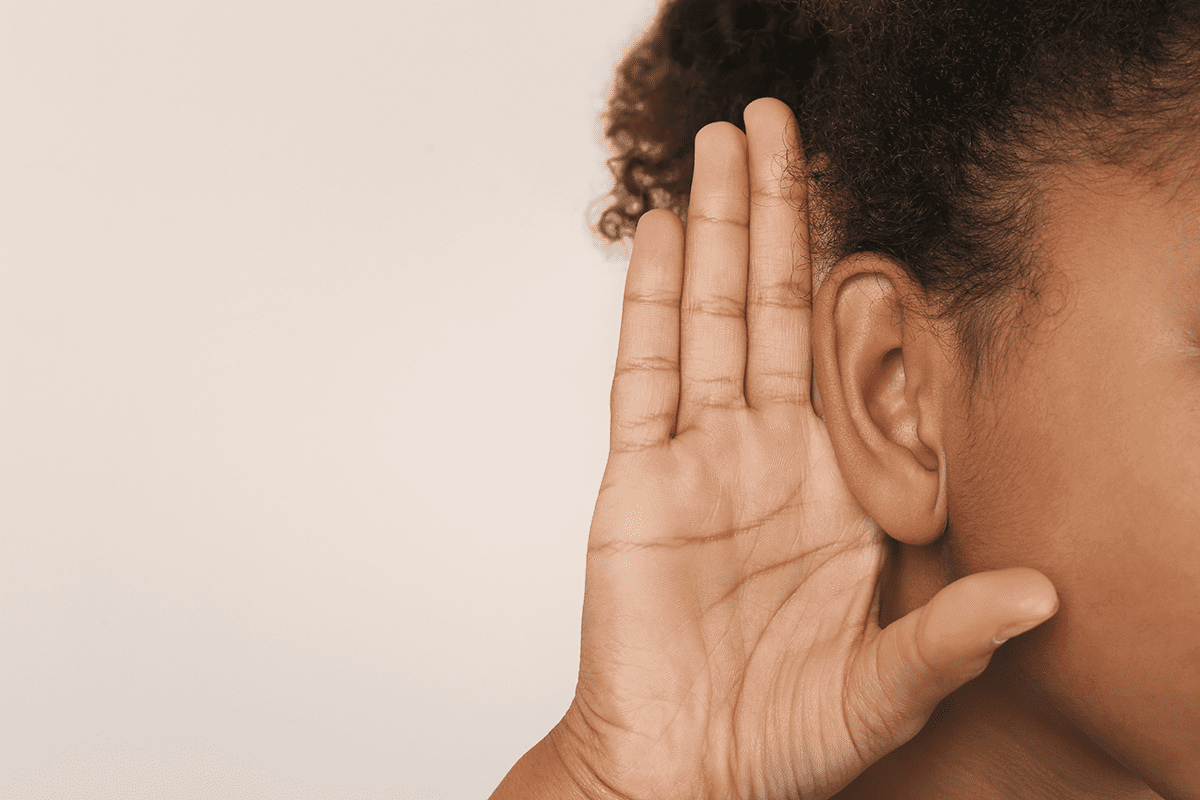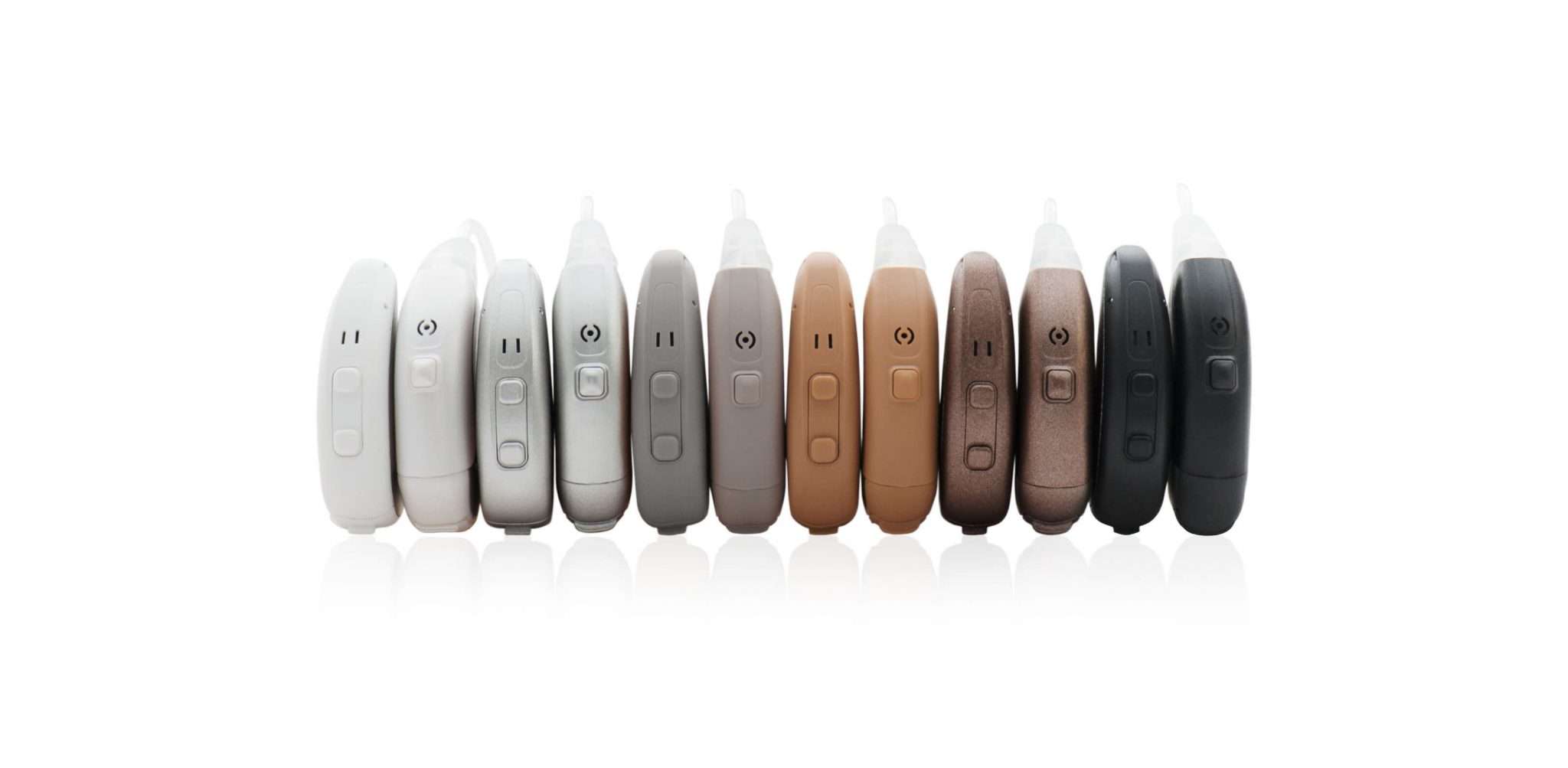We hear constantly about AI, or artificial intelligence, in dystopian sci-fi films as well as consumer technology. The term's been around since the 60s and is often debated but also shows promising benefits. Recently, there has been an increase in buzz around the potential AI tech that could improve hearing aids someday. We looked into the future of what AI could do for hearing health.
Understanding hearing aids and AI
According to the article
The Difference between Artificial Intelligence, Machine Learning, and Deep Learning, AI involves computers that are able to perform tasks characteristic of human intelligence. Machines that can understand language, plan, and learn all use AI. Machine learning is a way of achieving artificial intelligence for a computer: it is basically training a computer to learn things via data and algorithms. Machine learning is integral when integrating AI with hearing technology.
So, how are hearing aids and AI intertwined? Hearing aids are complex pieces of technology that can definitely benefit from a computer that can learn. Hearing aids can connect with computers via Bluetooth. If your hearing aid is integrated with your smartphone, it’s using a computer.
While other industries have incorporated AI into their tech, hearing aids lag behind.
Hearing aids and AI now
AI is already somewhat linked up with hearing aids. According to a report from
Hearing Tracker, one of the best integrations of hearing aids and AI is the SoundSense Learn technology for Widex EVOKE hearing aids. SoundSense Learn is an
app that allows users to adjust the settings on their hearing aids based on their environment.
There are
other hearing technologies that allow users to remotely control the device settings. However, with the SoundSense Learn platform, the hearing aids use machine learning to learn the wearer’s preferences over time and adjust accordingly—once you’ve sufficiently “trained” your hearing aids, they change settings automatically. Imagine if all hearing aids could learn what works best for their wearer and immediately adjust how they process sounds.
The future of hearing aids and AI
While the technology described above is amazing, it’s pretty singular in the marketplace. AI-incorporated hearing technology, however, is closer than you may think to become mainstream.
One of the main challenges of hearing aids is filtering out background noise while picking up individual voices or sounds. A
new Google system might soon be able to surmount that age-old problem. Researchers at the tech giant have developed a new AI system which can isolate a speech signal among a plethora of other voices and background sounds. This type of AI would be a huge leap forward for hearing technology and allow those with hearing loss to much more easily hear someone speaking to them, no matter what the environment.
Another use of hearing aids and AI that is already in the works is Starkey’s newest project. According to
CNET, Starkey has started using AI to turn hearing aids into health monitoring devices. The AI system in the hearing aids learns the normal health patterns of the wearer—such as the pulse and breathing rate—and can send an alert to designated friends or family if something is off.
As many hearing aid wearers are
over the age of 60, this type of technology can be extremely beneficial to people who want to live independently but still need or want a link to their friends and family. Researchers are also looking into how to measure blood glucose and body temperature via hearing aids. The goal is to turn hearing aids into a multipurpose device that people will want to wear.
Hearing aids and AI may be the future of hearing technology. Amazing things happen when artificial intelligence and hearing aids are integrated, and perhaps one day AI can be used to create a device that fully mimics the human ear.
By: Elena McPhillips




